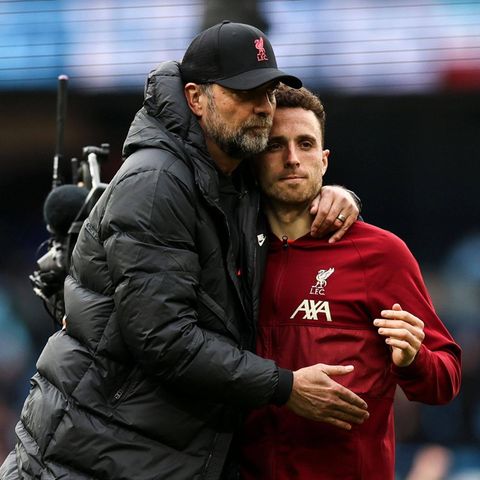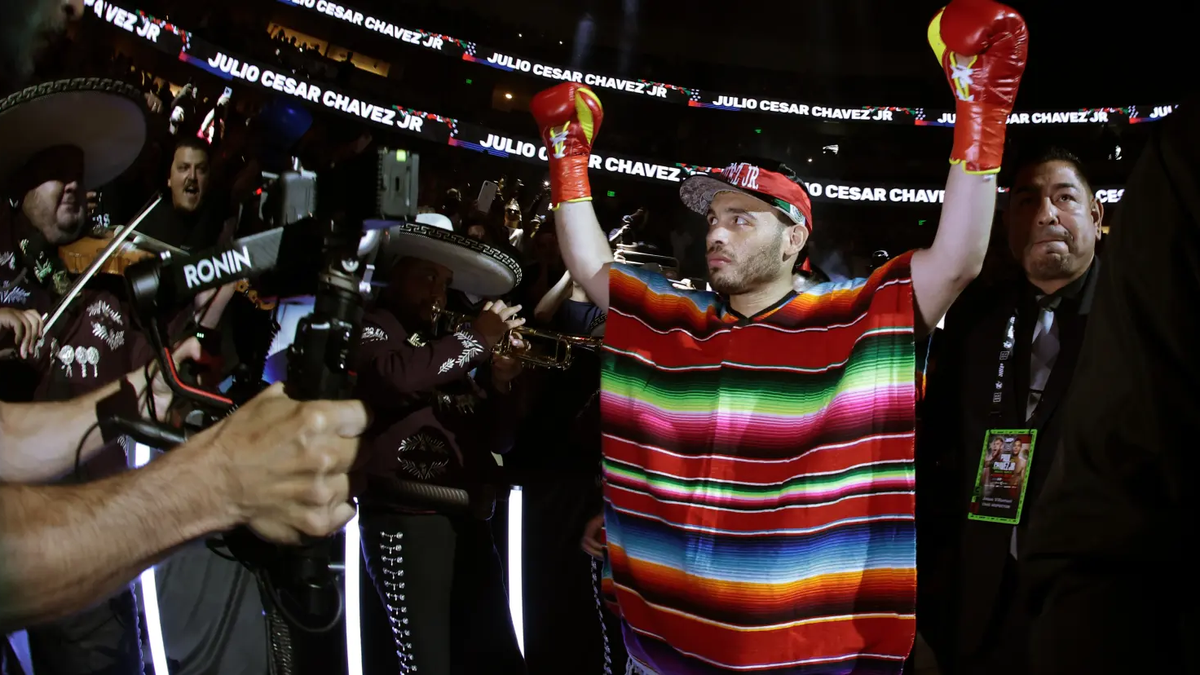The German Baltic Sea fishery is on the ground, but escapes a blow: an important exception remains in place in 2025. As is often the case, Russia is causing dissatisfaction with fishing further east.
In the coming year, German Baltic Sea fishermen will also be allowed to specifically catch herring using small boats and passive fishing gear such as gillnets. A majority of EU states are in favor of extending a corresponding exception, as the Federal Ministry of Agriculture announced.
Germany’s Fisheries Minister Cem Özdemir (Greens) had previously advocated for the exceptions to remain in place; the EU Commission had suggested abolishing them. “It is important to me to emphasize that this exception for the small-scale coastal fishery of western herring has no negative impact on the recovery of the population,” said Özdemir.
The agreement reached in Luxembourg also stipulates that next year almost 22 percent less cod in the western Baltic Sea will be allowed to end up in the nets as bycatch – for example when fishing for plaice – compared to 2024. The amount of herring that can be fished as bycatch doesn’t change for the time being. The EU Commission had also proposed cuts here. Background to the requirements: Many fish stocks in the Baltic Sea are doing poorly, sometimes very poorly.
Not a new development
Environmentalists have long been warning about the consequences of climate change, ocean pollution and overfishing. “The fish populations need time to recover and reach a size that can be fished again,” says the BUND.
Once a year, the EU states decide how much fish can be taken from the Baltic Sea. The basis is a proposal from the EU Commission, which was drawn up taking into account a scientific recommendation from the International Council for Marine Exploration (ICES). However, the EU states are not bound to this.
Is Russia fishing away from the EU?
In addition to the ecological and economic problems, there are also political problems, especially in the East. Since the start of its war of aggression against Ukraine, no official data on catches has been exchanged.
“The Russian fleet now fishes the largest part of the total catch of eastern cod,” said the head of the Thünen Institute for Baltic Sea Fisheries in Rostock, Christopher Zimmermann. Russia would use it if EU fishermen were allowed to catch less to increase their piece of the pie.
Given Russia’s increasing shares of certain stocks, “overfishing is almost certain to occur,” said Zimmermann before the meeting. A drastic reduction in the catch of sprat in particular is necessary. The scientist believes a reduction of around 34 percent compared to the previous year is necessary; the ministers ultimately agreed on 30.6 percent less. Although the impact of Russian fleets on German fishermen is probably small, it poses even more challenges for the Baltic states.
Russian fishermen in focus
An EU diplomat said many EU states had raised Russia’s fishing activities in the Baltic Sea in preparation for the ministerial meeting. A number of member states are calling for sanctions against Russian food products, said the diplomat.
In addition to classic sanctions, which must be decided unanimously, the EU could also decide on higher tariffs on Russian fishing products. This would require the consent of 55 percent of the EU states, which represent 65 percent of the EU population.
Özdemir appeared open to higher tariffs. He welcomed the fact that the EU heads of state and government had recently spoken out in favor of further restricting Russia’s ability to wage war, for example through import tariffs on Russian agricultural products, said the minister. He emphasized that they are monitoring the situation and reserve the right to take further measures.
Fish processed into animal feed
To ensure that the animals in the Baltic Sea have a better life in the future, Nabu is calling for more marine protected areas. Valeska Diemel from BUND emphasizes: “The catch quotas have been significantly reduced in recent years, but that came too late for many populations.” She also criticizes the fact that fish such as herring and sprat are used as animal feed. Small schooling fish such as sprats are also needed so that the cod can eat them and recover better.
Source: Stern




